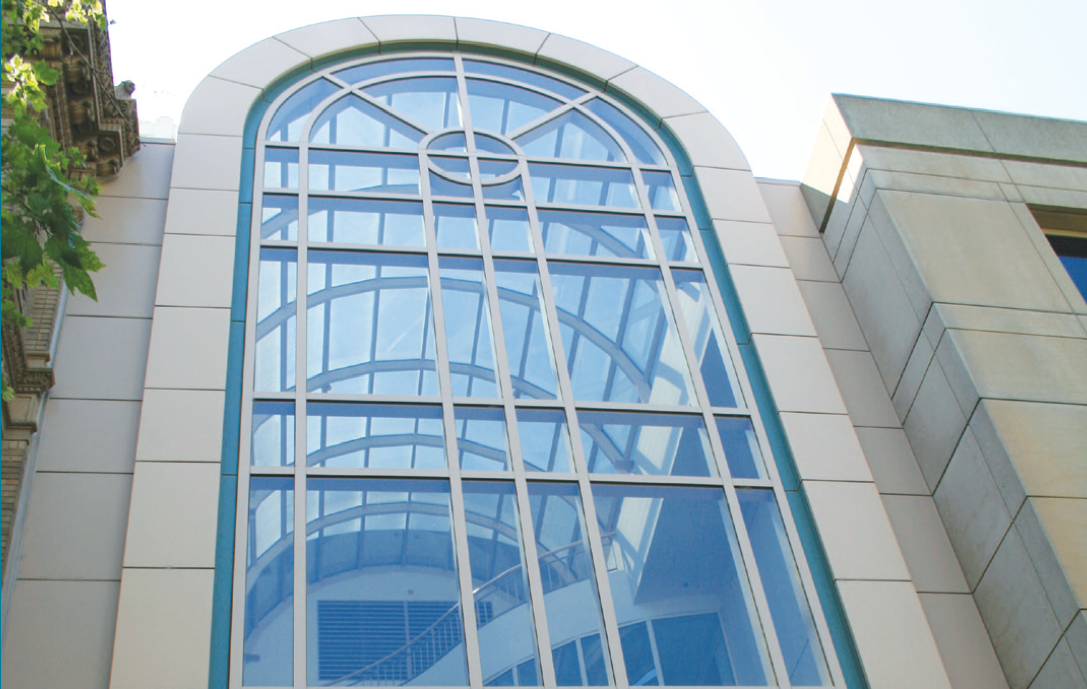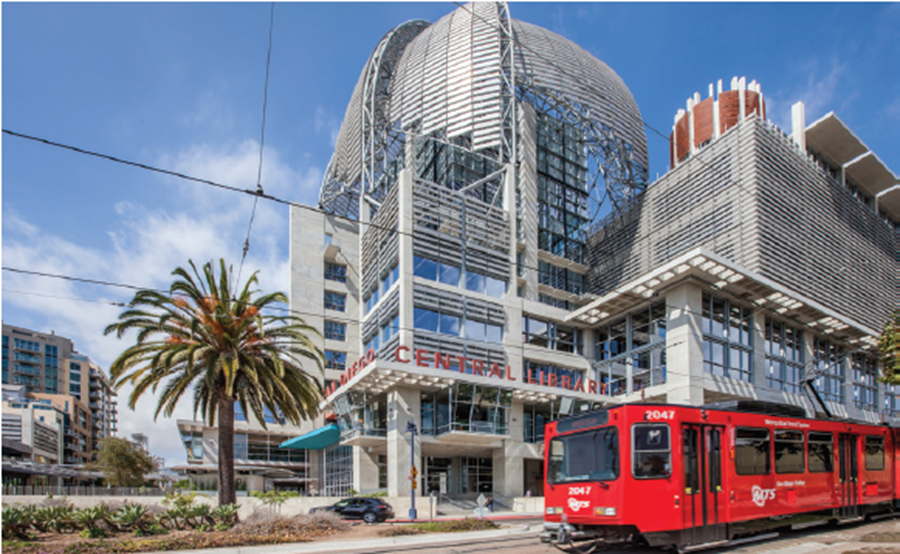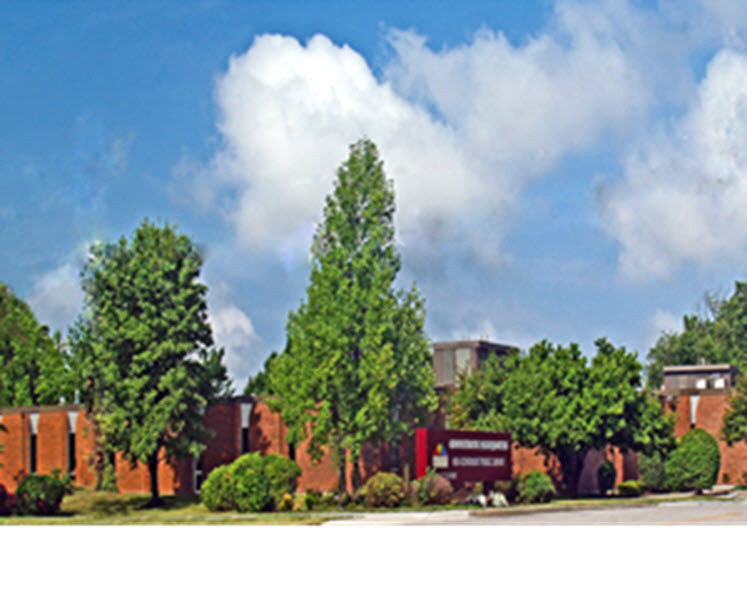
Posted on November 4, 2015
During the time of unrest in Ferguson, we at the Ferguson Municipal Public Library (FMPL) made a conscious decision to simply stay open for our community. We forged many vital relationships during those difficult days by providing empathy, respect, and comfort to the people in our community.
Empathy and Respect – Keeping our doors open during the hard days created a shift in how the people of Ferguson thought of their library. The empathy and respect we showed our patrons created a synergistic boost to the community as a whole.
Understand patrons, and respect them as people. Everything else grows from this, but you have to really mean it. If you care deeply about your community, it shows in every conversation, decision, and service. This cannot be an abstract thing—caring in aggregate but not in specific. It’s about building actual relationships. After all, we serve each patron as a person, individually.
Read moreTools of the Trade: Empathy, Respect, Openness,
Communications, and the Library Mission


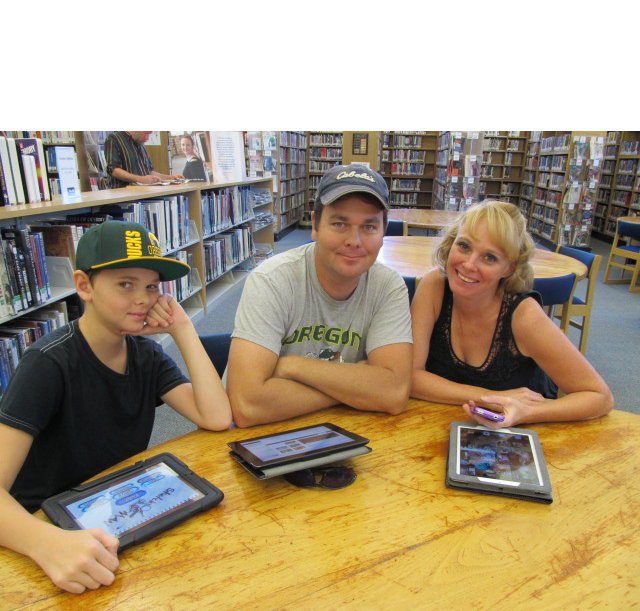
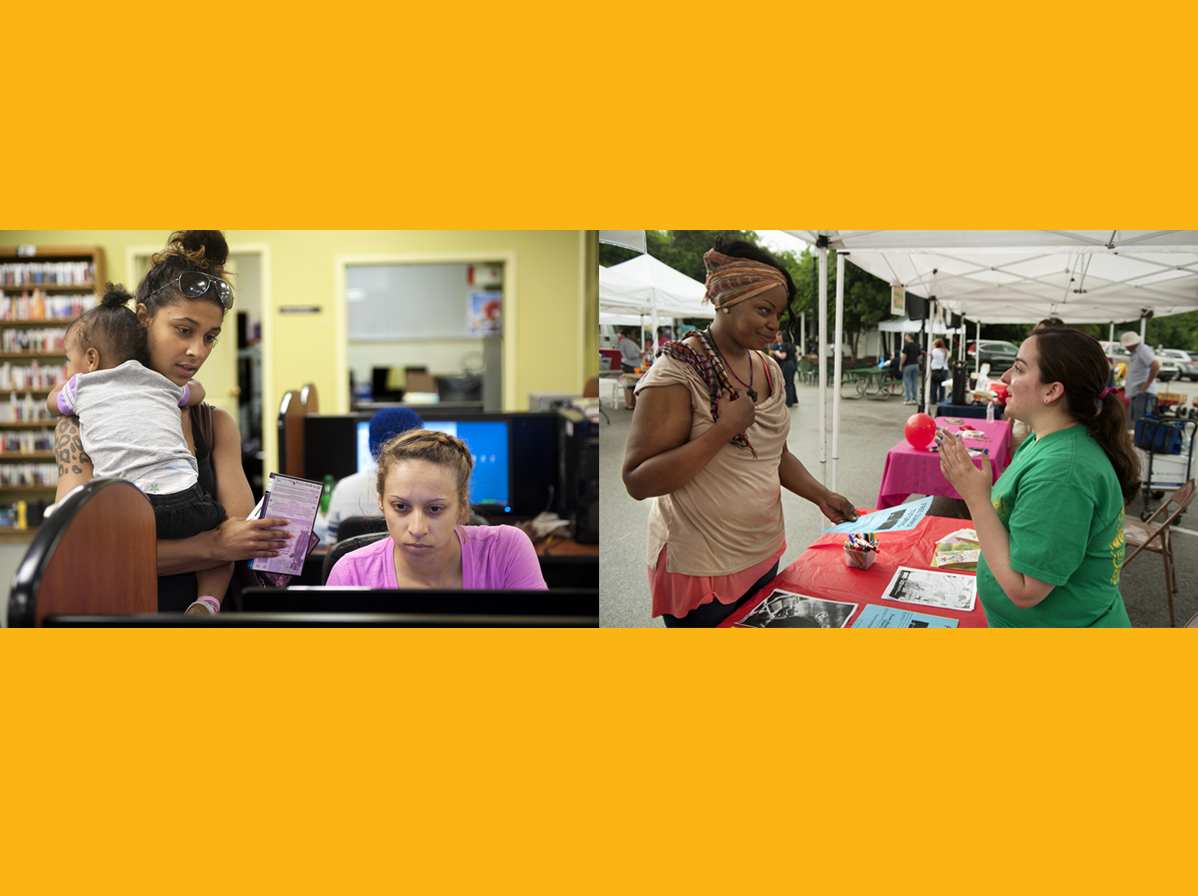

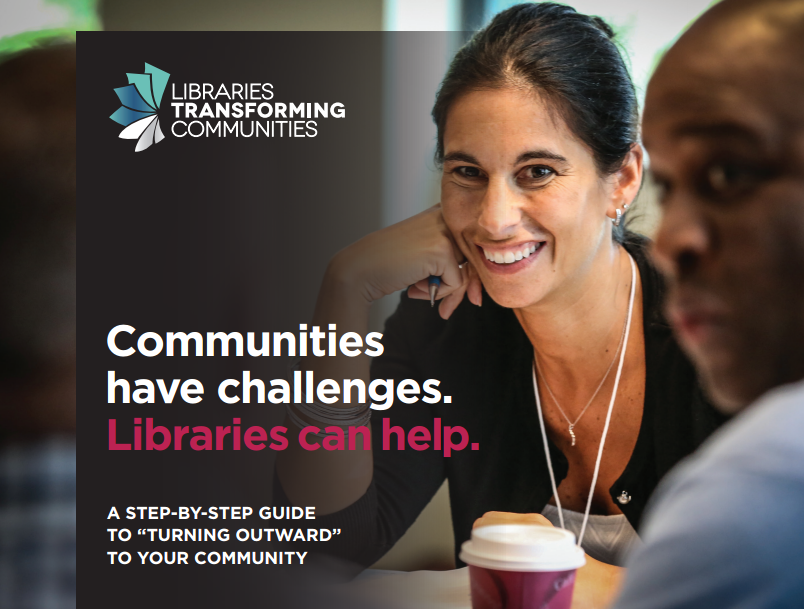
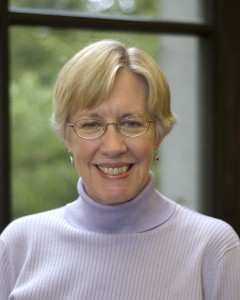 System, and Administrator, NorthNet Library System
System, and Administrator, NorthNet Library System